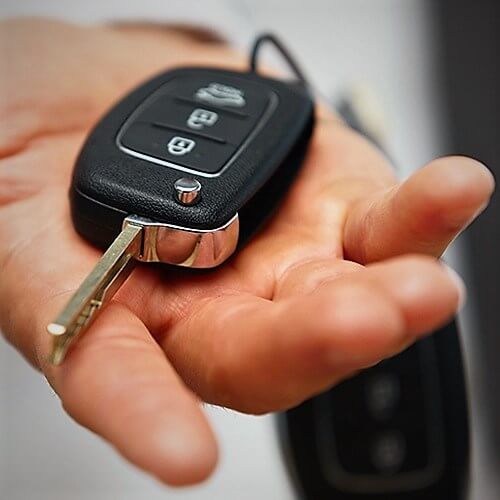First-Time Car Buyers: What You Need to Know

You've passed your test, you've got your driving license, now it's time to find the right car. For young adults, buying a car can be scary and confusing, that's why we've put together these tips to give you all the information you need.
Buy used
It can be tempting to want to buy a brand new car – the industrial smell, the shiny interiors, the latest technology. Firstly, bear in mind that a new car is much more expensive than a used car, so make sure you can actually afford it and you are comfortable enough driving a brand new-car as a recently qualified driver.
A new car will automatically lose value as soon as you drive off with it. If you take out finance we strongly recommend you protect your investment with gap insurance (Guaranteed Asset Protection) to protect you financially in the event of a total loss claim.
Buy used, however, and you get much more for your money. Always check the age of a used car, as a very general rule of thumb, a car is usually ok up to 5 years, and the mileage (we recommend an average of 12,000 per year with a good service and MOT history).
Get a warranty
Cars are now much more sophisticated, with a ton of technologies and electronic systems to regulate the engine and make the driving experience better. Some of these electronic systems could potentially be or become faulty and that's why you should always use a reputable dealer that offer a warranty.
Make a list
Before buying anything, make sure you think of what you really need from a car. Making a list helps you to be realistic and to choose the car that is right for you. Think about: Do you need extra room for your family? Would you rather have diesel or petrol? Do you need a big boot for luggage or a pushchair? Does it really need to be a sports car?
Always check and double check
When you go and see the car you are planning on buying, always check the areas below:
- Check the engine (oil level, condition of the head gasket, check for leaks)
- Test the gearbox and clutch
- Ask for the documents and double check it's all there (V5C, service history and MOT)
- Make sure the wheels and tyres are in good condition (rubber, tyre markings, tread depth)
- Have a look at the interiors, check the boot, the electronics, the seats, etc.
- Always do a test run! Every car feels different. You won't know if the car is right for you until you actually drive it, so don't be scared to ask.
839GYLCCC1992




Leave a Reply